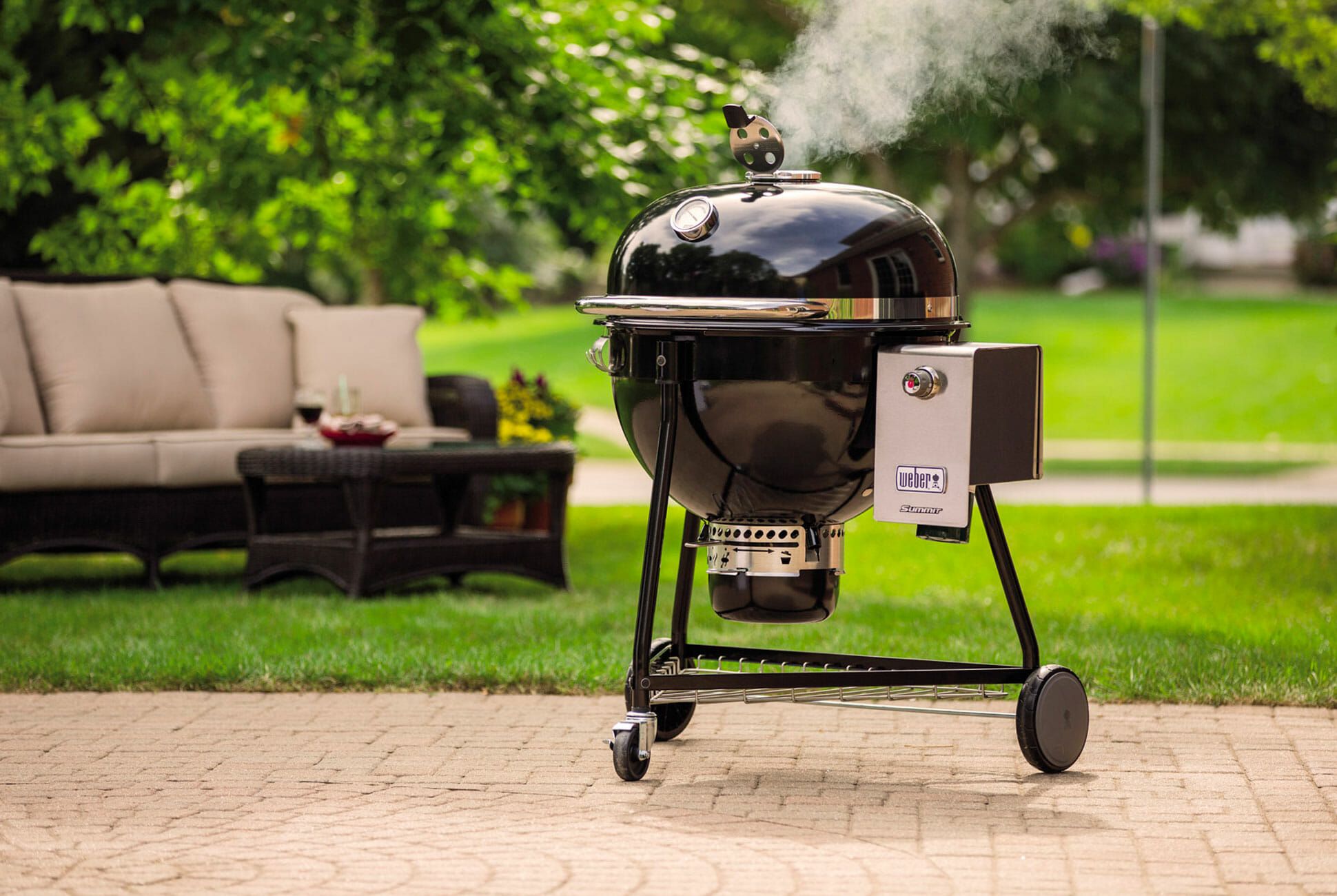

Articles
Who Owns Weber Grills
Modified: January 7, 2024
Discover the latest articles about who owns Weber grills and stay up-to-date with the latest news and information in the grilling industry.
(Many of the links in this article redirect to a specific reviewed product. Your purchase of these products through affiliate links helps to generate commission for Storables.com, at no extra cost. Learn more)
Introduction
Welcome to the world of Weber Grills! If you’re a grilling enthusiast or just a fan of mouth-watering barbecued dishes, chances are you’ve come across the name Weber. With a legacy spanning over 65 years, Weber is one of the most iconic and trusted brands in the grilling industry. From backyard cookouts to professional competitions, Weber Grills have been synonymous with quality, innovation, and the ultimate grilling experience.
In this article, we’ll delve into the fascinating history of Weber Grills, exploring its ownership structure, and the impact of ownership changes on the brand. So, let’s fire up the grill and dive in!
Weber Grills was founded in 1952 by George Stephen, Sr., a determined individual who revolutionized outdoor cooking with his invention of the kettle grill. Seeking a better way to protect his grill from the elements, Stephen took the bottom of a buoy, added air vents, a handle, and a shallow lid to create what would become the iconic Weber kettle grill. This design not only allowed for even heat distribution but also prevented flare-ups, making it a game-changer in the grilling world.
Over the years, Weber Grills gained popularity, becoming a staple in homes across America and beyond. The company expanded its product line to include gas grills, electric grills, and smokers, catering to the diverse needs and preferences of grilling enthusiasts worldwide.
Key Takeaways:
- Weber Grills has evolved through ownership changes, leveraging fresh perspectives and resources to innovate, expand, and solidify its position as a leader in the grilling industry.
- The brand’s commitment to quality, innovation, and customer satisfaction has remained unwavering, ensuring that Weber Grills continues to thrive and deliver exceptional grilling experiences to its loyal customers.
Read more: Who Owns Traeger Grills
History of Weber Grills
The history of Weber Grills is a tale of innovation, determination, and a passion for grilling. Founded in 1952 by George Stephen, Sr., the company began its journey with the invention of the iconic Weber kettle grill. This groundbreaking design quickly gained popularity and set the stage for Weber’s success in the grilling industry.
George Stephen, Sr., an employee at the Weber Brothers Metal Works in Chicago, was inspired to create the kettle grill after a frustrating experience with a standard open-grate grill. Seeking a solution to protect his grill from wind and rain while still allowing for optimal heat distribution, Stephen took a metal buoy, cut it in half, added air vents, a handle, and a shallow lid. The result was the first-ever Weber kettle grill.
With its round shape, distinctive dome lid, and innovative air vents, the Weber kettle grill revolutionized the way people cooked outdoors. It provided even heat distribution, minimized flare-ups, and allowed for more precise temperature control. From backyard barbecues to camping trips, the Weber kettle grill became the go-to choice for grilling enthusiasts.
Recognizing the potential of his invention, Stephen acquired the Weber Brothers Metal Works and renamed it Weber-Stephen Products Co. He began manufacturing the kettle grill and, in 1954, introduced the Weber Bar-B-Kettle, the first Weber grill specifically marketed for backyard barbecues.
As Weber Grills gained popularity, the company continued to innovate. In the 1970s, they introduced the Weber gas grill, providing a convenient alternative to charcoal grilling. This expansion into gas grills allowed Weber to capture a wider audience and cater to those who preferred the ease and convenience of propane or natural gas.
In the 1980s, Weber Grills further expanded its product line to include electric grills and smokers, diversifying its offerings to meet the evolving needs and preferences of grilling enthusiasts. Each product carried the same commitment to quality, durability, and exceptional grilling performance that had become synonymous with the Weber name.
Today, Weber Grills continues to thrive as a leader in the grilling industry. They have expanded their product offerings to include a wide range of grills and accessories, catering to both casual grillers and serious barbecue enthusiasts. The Weber brand represents not just a grill, but a lifestyle centered around outdoor cooking and gathering with family and friends.
With a rich history rooted in innovation and a commitment to delivering the ultimate grilling experience, Weber Grills has solidified its place as a household name and a symbol of quality in the world of outdoor cooking.
Ownership of Weber Grills
Throughout its history, Weber Grills has undergone several changes in ownership. Understanding the ownership structure is essential to gaining insight into the brand’s evolution and its impact on the company’s growth and success.
After George Stephen, Sr. founded Weber-Stephen Products Co. in 1952, he remained at the helm of the company until his retirement in 1986. During this time, the company experienced significant growth and established itself as a dominant player in the grilling industry.
In 1978, Stephen sold Weber-Stephen Products Co. to a private investment group, although he continued to serve as chairman and a member of the Board of Directors. This change in ownership brought new opportunities for expansion and innovation.
In 2010, Weber Grills underwent another ownership transition when it was acquired by BDT Capital Partners, a private equity firm. This acquisition aimed to provide Weber with the necessary resources and expertise to further enhance its global presence and product offerings. The partnership with BDT enabled Weber to invest in research and development, marketing, and manufacturing capabilities.
Under BDT’s ownership, Weber Grills experienced continued growth and success. The company expanded its product line, introduced new technologies, and strengthened its position as a market leader in the grilling industry.
In 2020, BDT Capital Partners sold a majority stake in Weber Grills to an investment group led by Capitol Investment Corp. V, a special purpose acquisition company (SPAC). This strategic move allowed Weber to become a publicly traded company on the New York Stock Exchange.
The current ownership structure of Weber Grills consists of a combination of public and private stakeholders. While Capitol Investment Corp. V retains a significant stake in the company, BDT Capital Partners continues to hold a minority ownership position. This arrangement ensures a balance between public accountability and the expertise and support of a private equity firm.
Despite changes in ownership, Weber Grills has remained committed to its core values and the principles established by its founders. The company’s focus on quality, innovation, and customer satisfaction remains unwavering, ensuring that the Weber brand continues to thrive and deliver exceptional grilling experiences to its loyal customers.
With a strong ownership structure in place and a solid reputation in the market, Weber Grills is well-positioned for continued growth and success in the grilling industry.
Founders of Weber Grills
The story of Weber Grills begins with its founder, George Stephen, Sr. His ingenuity and passion for grilling laid the foundation for the brand’s success and innovation in the outdoor cooking industry.
George Stephen, Sr. was a determined and visionary individual who revolutionized the concept of outdoor cooking. Born in 1911, Stephen had a career in the metalworking industry, working at the Weber Brothers Metal Works in Chicago.
Stephen’s pivotal moment came in the early 1950s when he set out to transform the way people grill. Frustrated with the shortcomings of existing open-grate grills, he sought a better solution that would provide even heat distribution and protection from the elements.
Inspiration struck Stephen when he noticed a metal buoy at work. He seized upon this unconventional material and thought it could be transformed into an ideal cooking vessel. With his expertise in metalworking and determination to create something revolutionary, Stephen set out to bring his vision to life.
Using the bottom half of a metal buoy, Stephen crafted the first-ever Weber kettle grill. He added air vents to regulate temperature, a handle for easy maneuverability, and a shallow lid to create a unique domed shape. The result was an iconic design that would forever change the grilling landscape.
Stephen’s invention not only provided superior heat control but also prevented flare-ups, making cooking on the grill safer and more enjoyable. Moreover, the distinctive shape and functionality of the kettle grill quickly caught the attention of grilling enthusiasts, propelling Weber Grills to the forefront of the industry.
George Stephen, Sr. continued to lead Weber-Stephen Products Co., the company he founded, until his retirement in 1986. His commitment to innovation, quality, and customer satisfaction laid the groundwork for the brand’s enduring success.
While George Stephen, Sr. is often credited as the primary founder of Weber Grills, it’s important to acknowledge the contributions of others who played a role in the company’s growth. The dedicated team of engineers, designers, and employees who worked alongside Stephen were instrumental in refining the kettle grill design and expanding the product line.
Together, these individuals embraced Stephen’s vision and worked tirelessly to ensure that Weber Grills would become a household name synonymous with outdoor cooking excellence.
In recognition of George Stephen, Sr.’s innovative spirit, the Weber Kettle grill is often referred to as “The Grill that George Built.” His legacy as a founder lives on through the continued success and popularity of Weber Grills.
The passion and entrepreneurial drive of George Stephen, Sr. and his team laid the foundation for Weber Grills to become a trusted brand that continues to delight grilling enthusiasts worldwide.
Weber-Stephen Products LLC, a privately held American company, owns Weber Grills. The company was founded in 1952 and is known for its high-quality grills and outdoor cooking products.
Current Ownership Structure
The ownership structure of Weber Grills has undergone significant changes over the years, reflecting the company’s growth and expansion in the grilling industry. As of its recent initial public offering (IPO) in 2021, the ownership of Weber Grills consists of a mix of public and private stakeholders.
In 2020, Weber Grills announced that it would go public through a merger with Capitol Investment Corp. V, a special purpose acquisition company (SPAC). This transaction allowed Weber Grills to become a publicly traded company on the New York Stock Exchange under the ticker symbol “WEBR.”
Prior to the IPO, Weber Grills was majority-owned by BDT Capital Partners, a private equity firm. BDT acquired a significant stake in the company in 2010, which provided Weber with the support and resources required to fuel its growth and innovation.
Following the completion of the merger with Capitol Investment Corp. V, the ownership stake in Weber Grills shifted. BDT Capital Partners retained a minority ownership position in the company, while Capitol Investment Corp. V held a significant stake.
The IPO marked an important milestone in Weber Grills’ history and provided an opportunity for individual and institutional investors to participate in the company’s future growth and success.
The current ownership structure of Weber Grills reflects a balanced combination of private and public investors. This blend enables the company to leverage the resources and expertise of BDT Capital Partners while also benefiting from the transparency and accountability associated with being a publicly traded company.
With its IPO, Weber Grills can access capital markets to fund future expansion, research and development, and other strategic initiatives. This ownership structure ensures that the brand can continue its commitment to delivering innovative and high-quality grills to consumers around the world.
As Weber Grills moves forward as a publicly traded company, its ownership structure may evolve based on market conditions and investment decisions. However, the commitment to providing exceptional grilling experiences and maintaining the legacy of the Weber brand remains a top priority for its shareholders.
Through the combination of private and public ownership, Weber Grills is well-positioned to continue its growth trajectory and solidify its position as a leader in the grilling industry. The ownership structure reflects the confidence and belief in the company’s ability to innovate, adapt, and deliver superior products to grilling enthusiasts worldwide.
Read more: Who Owns Pit Boss Grills
Company’s Expansion and Success
Weber Grills has experienced remarkable expansion and success since its establishment over six decades ago. The company’s commitment to innovation, quality, and exceptional grilling experiences has been the key driver behind its growth and the unwavering loyalty of its customers.
From its humble beginnings with the invention of the iconic Weber kettle grill, the company quickly gained popularity and became a staple in households across America. The innovative design, featuring a round shape, dome lid, and air vents for temperature control, revolutionized outdoor cooking.
Building on the success of the kettle grill, Weber Grills expanded its product line to include gas grills, electric grills, and smokers. Each new addition to the product lineup showcased the brand’s dedication to providing a wide range of options to suit different grilling preferences and lifestyles.
With an unwavering commitment to quality, Weber Grills earned a reputation for manufacturing durable and reliable grills that deliver impeccable performance. By using premium materials and incorporating cutting-edge technologies, the brand ensures that its grills consistently meet and exceed customer expectations.
Over the years, Weber Grills has continued to innovate and introduce new features and technologies to enhance the grilling experience. From their patented Flavorizer bars that add smoky flavor to food, to their advanced grilling systems that provide precise heat control, Weber consistently pushes the boundaries of what is possible in outdoor cooking.
The brand’s success also extends beyond product innovation. Weber Grills has established a strong presence in the grilling community, supporting events, competitions, and cooking classes. Their commitment to educating and inspiring grillers has made them a trusted authority in the industry.
Furthermore, Weber Grills has expanded its global reach, making its products available in numerous countries around the world. Through strategic partnerships and a strong distribution network, the brand has successfully penetrated new markets and introduced their grilling expertise to a diverse range of cultures and cuisines.
The company’s success can also be attributed to its strong customer focus. Weber Grills places a premium on understanding and meeting the needs of its customers, offering exceptional customer service and support. They actively engage with their community through social media, forums, and cooking demonstrations, creating a sense of camaraderie and loyalty among grillers.
Through its relentless pursuit of innovation, dedication to quality, and commitment to customer satisfaction, Weber Grills has become a household name and an industry leader. The brand’s ability to adapt to changing trends and consumer preferences has been instrumental in its expansion and continued success.
As Weber Grills continues to evolve, it remains committed to upholding their core values and delivering the ultimate grilling experience. The brand’s expansion and relentless pursuit of excellence have positioned it as a global leader in the grilling industry, satisfying the cravings of grillers and igniting their passion for outdoor cooking.
Impact of Ownership Changes on the Brand
The ownership changes that Weber Grills has undergone throughout its history have had a significant impact on the brand’s growth, innovation, and overall success in the grilling industry. Each ownership transition brought unique opportunities and resources that propelled the brand forward.
One of the notable ownership changes occurred in 1978 when George Stephen, Sr., the founder of Weber Grills, sold the company to a private investment group. This change in ownership provided the brand with the financial backing and expertise necessary to expand its product line and reach a wider audience.
Under the new ownership, Weber Grills continued to innovate and introduce new features to their grills. This led to the introduction of gas grills in the 1970s, offering a convenient and efficient alternative to charcoal grilling. The expansion into gas grills opened up a new market and allowed Weber to cater to the evolving preferences of consumers.
In 2010, Weber Grills underwent another ownership change when it was acquired by BDT Capital Partners, a private equity firm. This transition brought additional resources, strategic guidance, and industry expertise to the company.
Under BDT’s ownership, Weber Grills accelerated its research and development efforts, resulting in the introduction of advanced grilling technologies and innovative features. The partnership with BDT allowed Weber to invest in state-of-the-art manufacturing capabilities and expand its global footprint, solidifying its position as a leader in the grilling industry.
Furthermore, the ownership change also enabled Weber Grills to invest in marketing initiatives, strengthening its brand presence and increasing customer awareness. Through targeted campaigns, partnerships, and sponsorships, Weber enhanced its visibility and engaged with a broader audience of grilling enthusiasts.
Moreover, ownership changes brought about new perspectives, fresh ideas, and a renewed focus on customer satisfaction. The infusion of capital and expertise provided the brand with the means to improve manufacturing processes, enhance product quality, and expand customer support services.
Despite these ownership changes, Weber Grills has remained committed to its core values and the principles that have defined the brand since its inception. The dedication to innovation, quality, and exceptional grilling experiences has remained constant throughout the different ownership eras.
The impact of ownership changes on the brand can be seen in Weber Grills’ continuous growth, expansion into new markets, and a diverse range of product offerings. These changes have allowed the brand to adapt to changing consumer preferences, introduce new technologies, and maintain its position as a trusted name in outdoor cooking.
Overall, the ownership changes that Weber Grills has experienced have played a crucial role in shaping the brand’s trajectory. By providing the necessary resources, expertise, and strategic guidance, these ownership transitions have propelled Weber Grills to new heights, allowing it to thrive in a highly competitive industry.
With each ownership change, Weber Grills has embraced the opportunities presented, capitalizing on them to further innovate, expand, and solidify its position as a leading provider of grilling solutions. The impact of these ownership changes is evident in the brand’s continued success and its ability to delight grillers around the world.
Conclusion
Weber Grills has established itself as a legendary brand in the grilling industry, captivating the hearts and taste buds of grillers worldwide. With a rich history rooted in innovation, the company’s commitment to quality, performance, and customer satisfaction has been unwavering.
From its humble beginnings with the invention of the iconic Weber kettle grill by founder George Stephen, Sr., the brand has continuously pushed the boundaries of outdoor cooking. The introduction of gas grills, electric grills, and smokers further expanded the product offerings, catering to the diverse needs and preferences of grilling enthusiasts.
The ownership changes that Weber Grills has experienced played a pivotal role in the brand’s journey. Each transition offered new opportunities, resources, and expertise that propelled the company’s growth and innovation. Whether it was the private investment group in 1978 or the acquisition by BDT Capital Partners in 2010, these changes brought fresh perspectives, capital investment, and strategic guidance that helped shape the brand’s future.
Under the current ownership structure, with a blend of public and private stakeholders, Weber Grills has thrived. The recent IPO marked a significant milestone, enabling the brand to access capital markets and fund its expansion initiatives.
Throughout its history, Weber Grills’ dedication to providing exceptional grilling experiences has remained strong. The brand’s commitment to innovation, quality materials, and advanced technologies ensures that customers can enjoy the art of grilling to its fullest.
As Weber Grills moves forward, it continues to build upon its legacy. It engages with customers through social media, events, and cooking classes, creating a vibrant community of passionate grillers. The brand’s global expansion allows it to bring its expertise and products to new markets, introducing the joy of outdoor cooking to people around the world.
In conclusion, Weber Grills represents more than just a cooking apparatus. It embodies a lifestyle centered around gathering with loved ones, savoring delicious meals, and creating unforgettable memories. The brand’s unwavering commitment to excellence, fueled by the innovations and experiences gained through ownership changes, ensures that it will continue to delight grillers for generations to come.
So, the next time you fire up your Weber Grill, savor the rich history, the passion for grilling, and the dedication to exceptional experiences that make it more than just a grill—it’s an iconic symbol of outdoor cooking mastery.
Frequently Asked Questions about Who Owns Weber Grills
Was this page helpful?
At Storables.com, we guarantee accurate and reliable information. Our content, validated by Expert Board Contributors, is crafted following stringent Editorial Policies. We're committed to providing you with well-researched, expert-backed insights for all your informational needs.

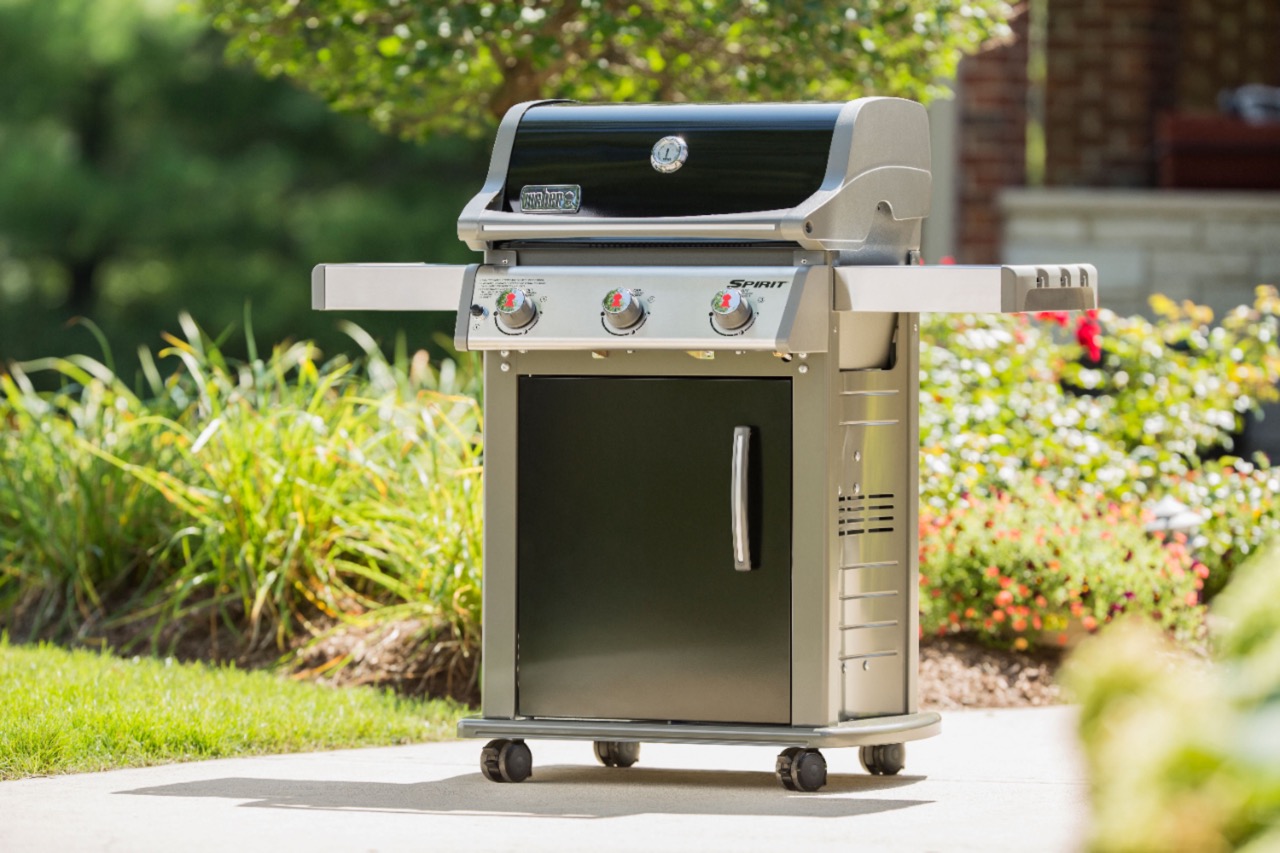
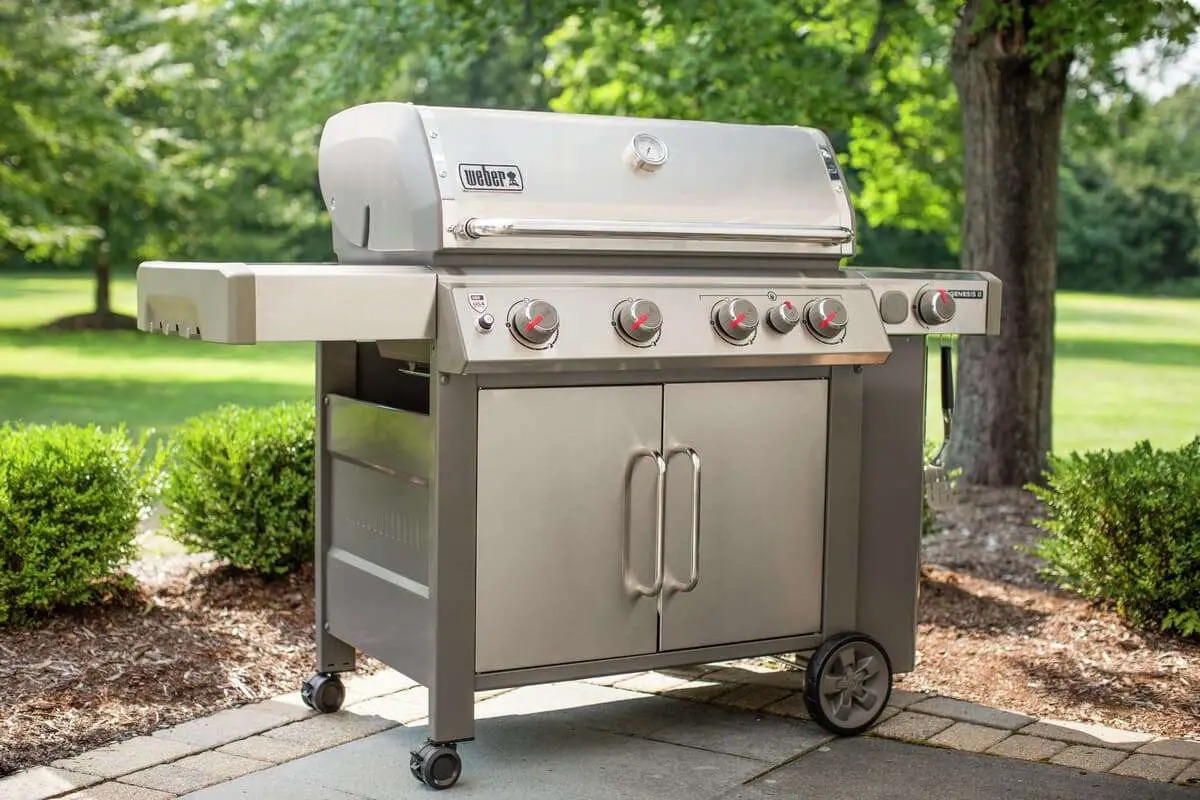
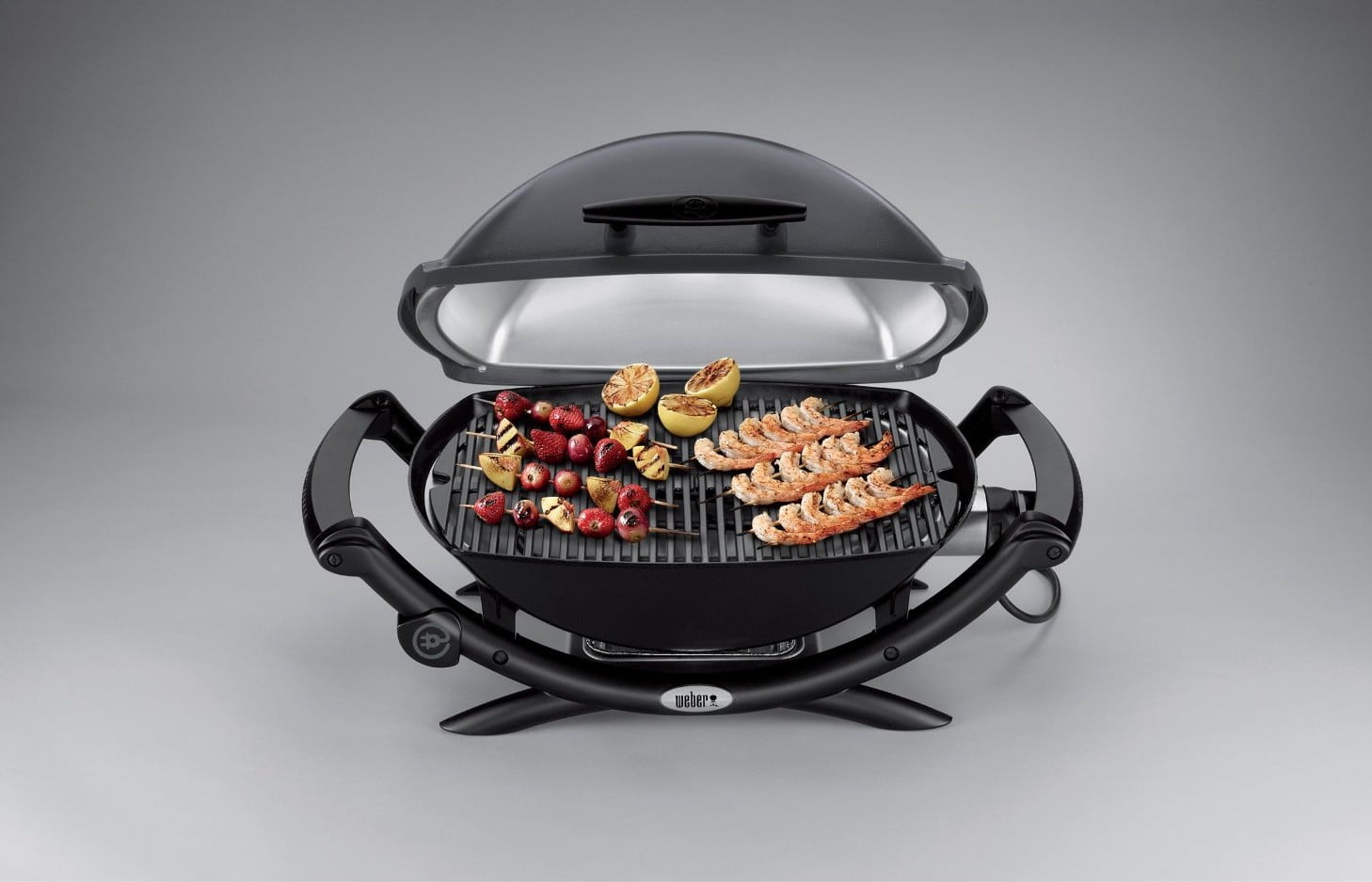
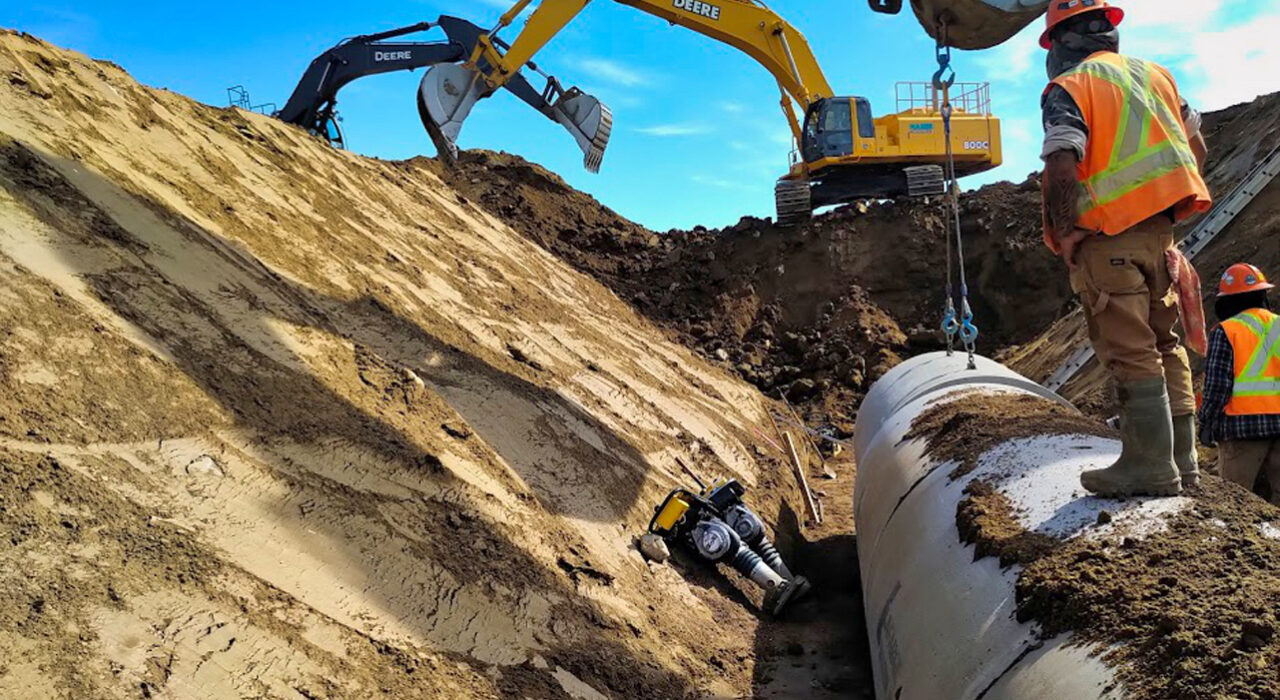


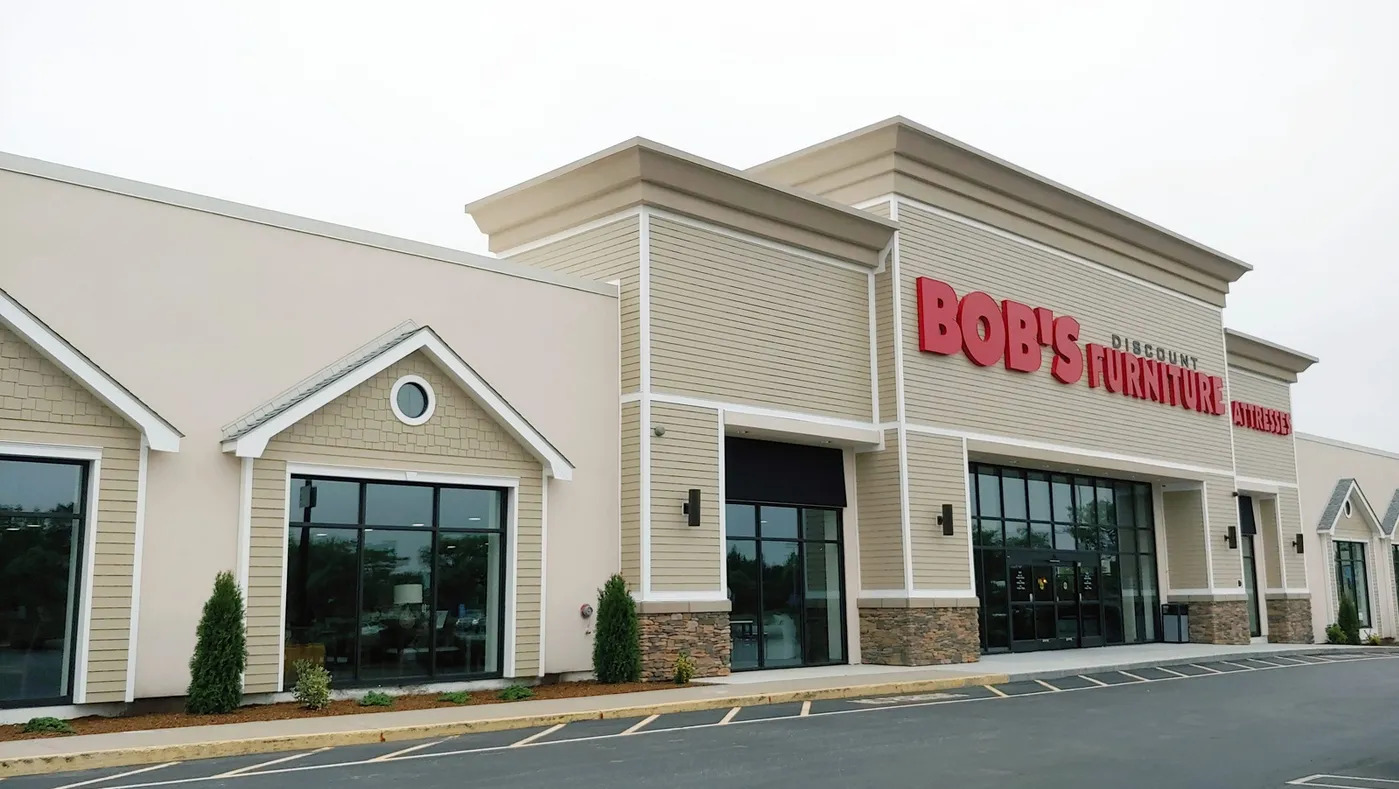





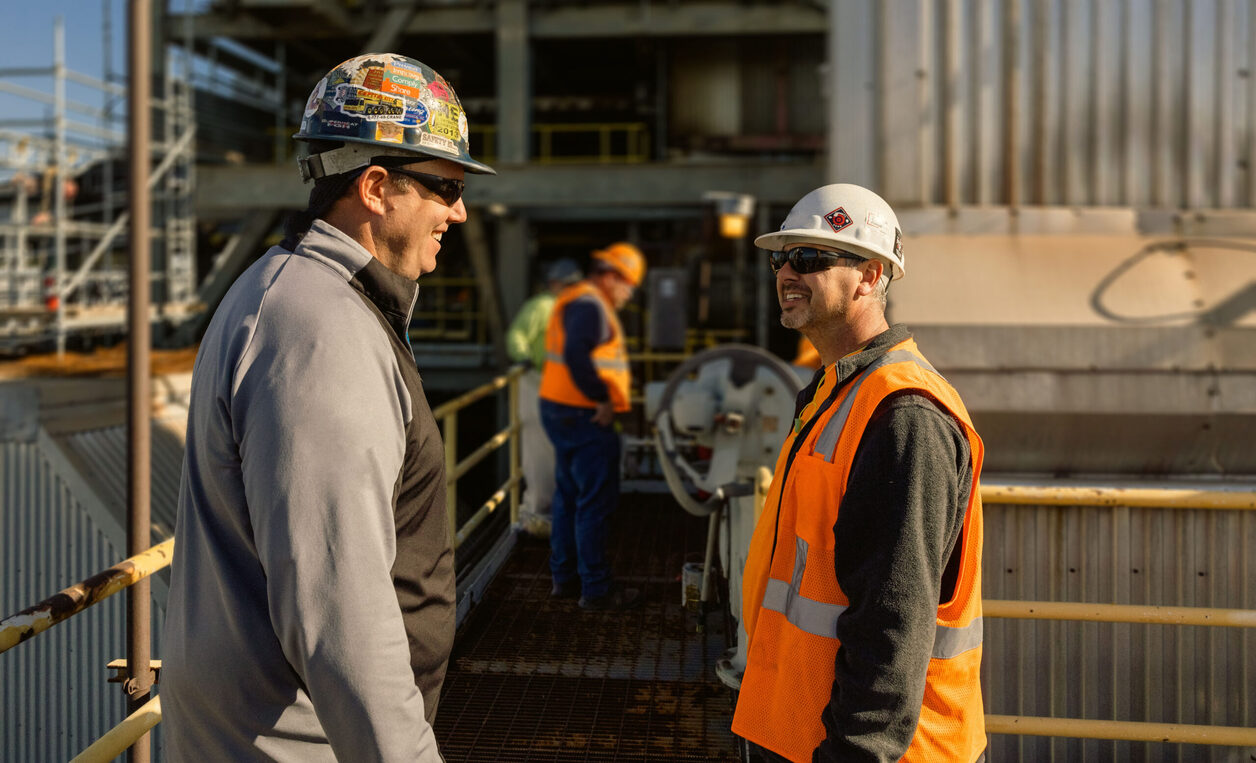

0 thoughts on “Who Owns Weber Grills”